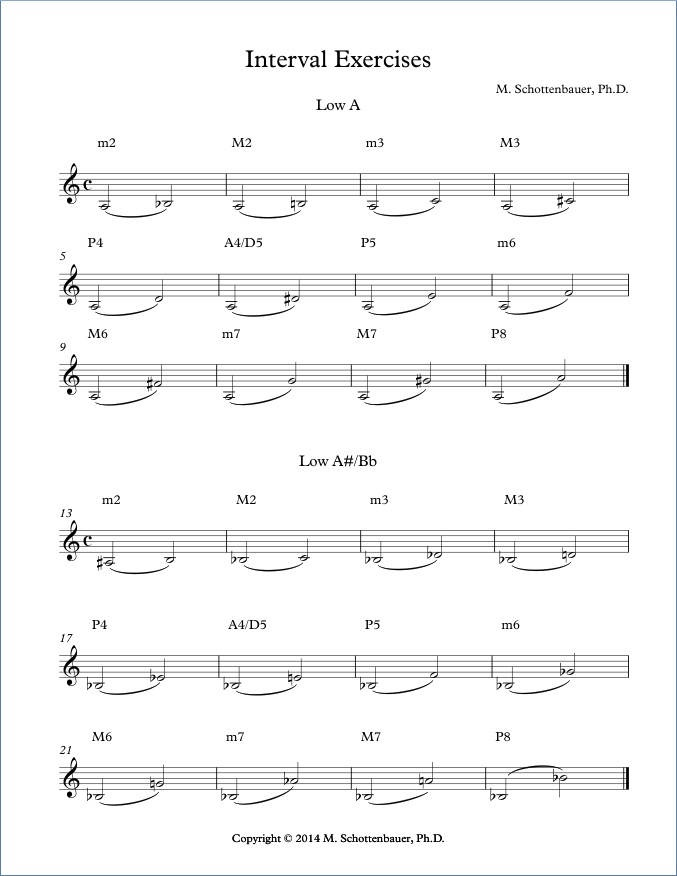

Basically, it’s training yourself to recognise the relationship between two notes of a scale when they’re played one after the other.


Interval training is super important for any musician trying to develop their aural skills. Bonus: it will also help you start to navigate the fretboard a lot quicker, so it’s a win-win really! This will help your brain begin to associate a certain note name with its pitch sound on the guitar. While you’re playing it, try saying each note name out loud. Start with playing the blues guitar with the 5 Pentatonic scale patterns, it’s really and fun to play. PLAY SCALESĭo this as often as possible and learn as many scales as possible. Regularly practising your theory – especially the stuff regarding how notes work together to form chords, and how scales and modes work- will give you regular interaction with (and allow you to develop a better understanding of) all of the sounds you’re planning on identifying by ear, which puts you in a really good position to throw out the tab/manuscripts for a bit to start further developing your listening skills later on. Although some people naturally have a great ear, most of us will need all the help we can get to become familiar with the various rules that form the basis of most of the music we listen to. What does this have to do with ear training, you ask? Quite a lot actually. BECOME FAMILIAR WITH COMMON CHORD PROGRESSIONS


 0 kommentar(er)
0 kommentar(er)
